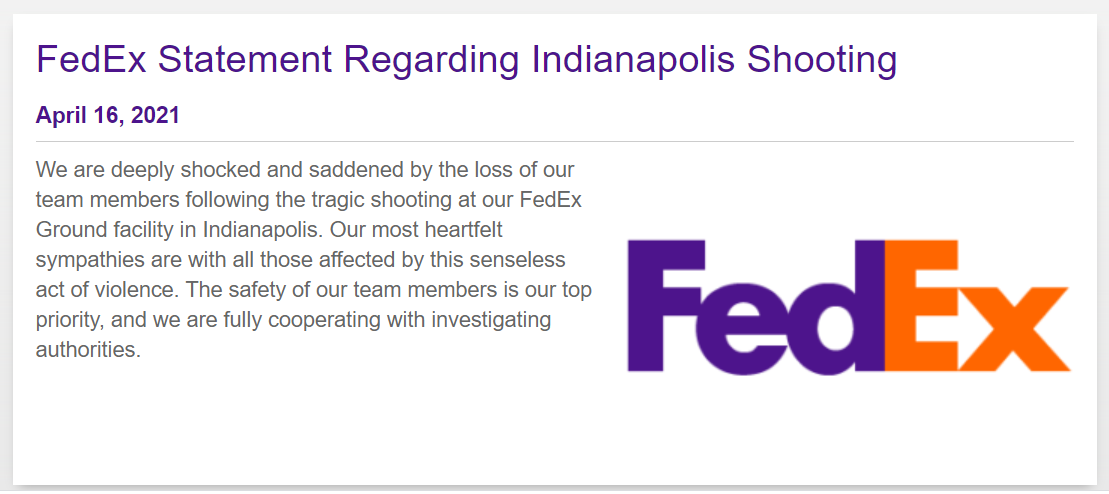Google Employee Petition
/Google employees are petitioning for the company to stop collecting abortion-related data. The concern comes after Roe v. Wade was overturned, which could put women who search for abortion services in jeopardy.
Launched in January 2021, Alphabet Workers' Union is driving the petition, now signed by more than 650 employees. The group is asking Google to refrain from turning data about searches and illegal abortions over to authorities, as Facebook did; to omit “misleading ‘pregnancy crisis centers’” in search results, including maps, which often lead to anti-abortion centers; to stop donations and lobbying entirely; and more.
As tech employee activism becomes more prevalent, employees feel more empowered to demonstrate courage. I don’t see the entire petition, but I wonder whether employees are asking for too much, particularly an end to all lobbying and political donations. A more focused, realistic request of actions that show the company’s leadership among tech companies could be more effective.
Although the petition was sent to CEO Sundar Pichai and other executives on Monday, the group hadn’t received a response by Thursday. Company leaders are called on to demonstrate integrity—transparency in communication and consistency with company principles. This is also an opportunity to lead with humility and to show a willingness to be vulnerable because this is a highly sensitive issue with no clear answers. Although a difficult situation to address, leaders must respond, particularly before the story becomes about the lack of response.



















